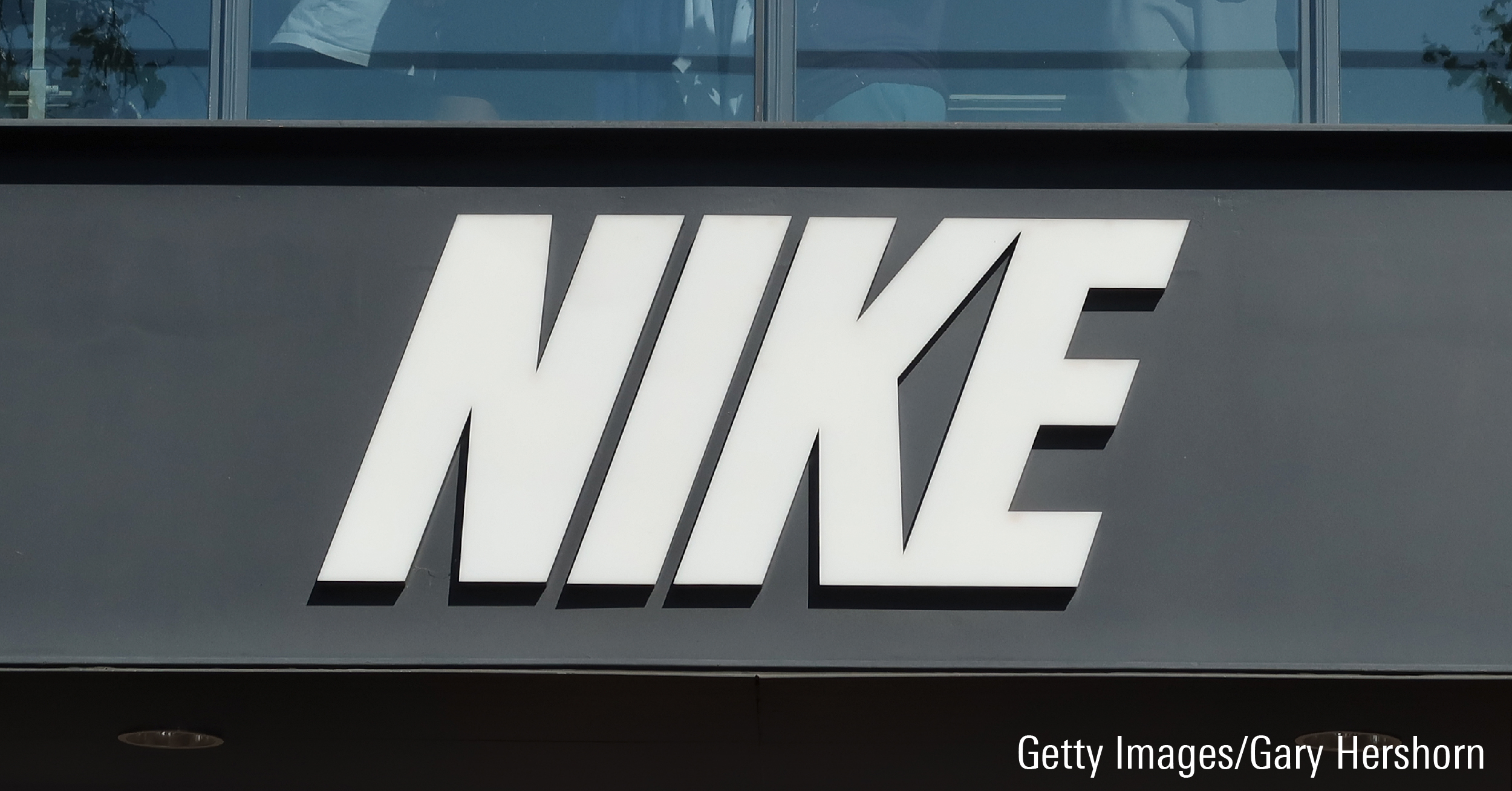Investors Fight for Their Rights at Nike
Investors lodge protest votes on shareholder rights, fair pay, and environmental targets at Nike’s shareholder meeting.

September is when many people pack away the summer wardrobe and, for the particularly organized among us, start thinking about the holidays and planning the new year.
But for proxy-voting nerds like me, it’s 2025 already. The proxy year runs to June, so the shareholder meetings of late summer and early fall herald the start of a new year.
The Nike NKE annual shareholder meeting falls into that group, and it often features votes that give important clues about how investor views on environmental, social, and governance topics are developing. They will certainly provide useful insights on shareholder sentiment as Elliott Hill, Nike’s new CEO, takes the reins.
Nike’s 2024 shareholder meeting, held last week, was no exception. For a second year running, the company’s shareholders chose to send a message to the board on several issues—particularly on shareholder rights, as well as workforce and environmental issues.
Shareholder Rights Remain the Center of Attention
There may be no topic in all of ESG that unites shareholders quite like the principle that companies should adopt a one-share-one-vote structure. One of the top priorities of the Council of Institutional Investors, a representative body of institutional shareholders, is to prompt companies to implement “voting rights in proportion to equity [and] ... ‘sunset’ provisions for dual-class stock.”
Nike has a dual-class share structure that allows the company’s founder, Phil Knight, and current and former executives—including Knight’s son Travis—to control the composition of the board by selecting nine of its 12 members. The company has no plans to wind down the arrangement.
The company claims its “unique capital structure enables Nike to focus on long-term strategy, which our Board believes is critical to creating long-term value.” But investors have increasingly cast a skeptical eye on the company’s strategy, resulting in the abrupt departure of CEO John Donahoe on Sept. 19. Over Donahoe’s tenure, Nike’s share price has fallen by 21%, compared with a rise of 71% for the Morningstar US Market Index.
You can see where this is going.
Director John Rogers Jr. is the only member of Nike’s Corporate Responsibility, Sustainability & Governance Committee who was subject to reelection votes by the company’s independent shareholders (those that hold Class B stock) in the last two years. So, Rogers has become a lightning rod for shareholder opposition to the company’s capital structure. And lately, that lightning has struck more than once in the same place, as the chart below shows.
Shareholder Support for US Director Elections
Rogers received only 60% support for his reelection to the Nike board this year, which is extremely low compared with the 94% average support for directors in 2024 so far. It’s worse still when you notice that this equates to an adjusted support level of 37% (that is, excluding the votes “Against” by the Nike insiders mentioned above). Last year wasn’t much better for Rogers, when he gained 65% support, or 47% adjusted.
It’s clear that a sizable proportion of the company’s independent shareholders aren’t convinced the dual-class share structure provides any unique advantages for Nike. Several shareholders, including the California Public Employees’ Retirement System, the California State Teachers’ Retirement System, and AllianceBernstein withheld support for Rogers this year. European shareholders Abrdn, Candriam, and Schroders specifically identify opposition to the dual-class share structure as a reason for withholding support for Rogers.
The Big Three index managers, BlackRock, State Street, and Vanguard, have not yet published their voting decisions for this year’s Nike shareholder meeting. However, all three supported Rogers’ reappointment last year. This year’s very similar voting result strongly suggests that none of those three firms have changed their mind.
Significant Support for Fair Pay, Environment Proposals
Shareholders also voted on five shareholder proposals at the meeting, with varying results.
A gender-focused proposal by the National Center for Public Policy Research—a prolific filer of highly socially conservative resolutions— was backed by only 1% of independent shareholders. That’s spectacularly weak support but not an unusual result for an anti-ESG proposal. (Such proposals tend to oppose measures taken by companies to advance environmentally or socially progressive business policies.)
Two of the four pro-ESG proposals were backed by over 30% of independent shareholders— notable amid a recent decline in the number of resolutions gaining such significant support.
Nike 2024 Shareholder Meeting: Voting Results for Shareholder Resolutions
Shareholder requests for reporting on median gender and racial pay gaps, and on Nike’s climate and environmental impacts and strategy, both gained 26% shareholder support—equivalent to 35%–36% adjusted support. It’s the second year running that a proposal requesting pay equity disclosure at Nike has gained significant independent shareholder support.
Two other proposals on supply chain human rights issues gained the support of almost 20% of Nike’s independent shareholders.
This all provides yet more evidence that, despite ongoing pressure on the topic, shareholders still clearly believe that clear disclosure from companies on areas of material risk remains important, whether ESG-related or not.
Correction: (Sept. 26, 2024): This article has been updated to correct several figures related to shareholder proposals: Only 1% of independent shareholders backed a National Center for Public Policy Research proposal, not 1.3%; only 30% of independent shareholders supported two of the four pro-ESG proposals, not a majority; adjusted support on median gender and racial pay gaps and on Nike’s climate and environmental impacts and strategy was 35%-36%, not 54%-55%; and nearly 20% of independent shareholders supported supply chain human rights proposals, not over 25%.
The author or authors do not own shares in any securities mentioned in this article. Find out about Morningstar’s editorial policies.

/s3.amazonaws.com/arc-authors/morningstar/20726617-027d-4959-87ab-429b60ece7ce.jpg)
/cloudfront-us-east-1.images.arcpublishing.com/morningstar/FPI4DOPK5VFUNIOGY5CVTI6NCI.png)
/cloudfront-us-east-1.images.arcpublishing.com/morningstar/EOGIPTUNFNBS3HYL7IIABFUB5Q.png)
/cloudfront-us-east-1.images.arcpublishing.com/morningstar/ZNKQPGMG5RFE5GPV47XGWXDLMI.png)
:quality(80)/s3.amazonaws.com/arc-authors/morningstar/20726617-027d-4959-87ab-429b60ece7ce.jpg)